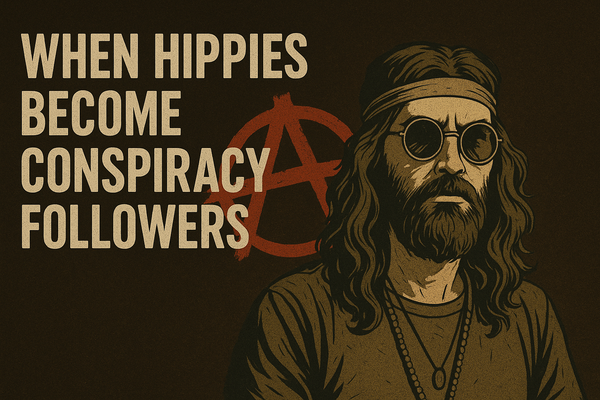The Munk Debates: Can You Be Anti-Zionist Without Being Antisemitic?

The Munk Debates, a Canadian charitable organization that hosts live debates on important topics, recently tackled the controversial question: "Be it Resolved, anti-Zionism is antisemitism." The debate, held in Toronto on June 17, 2024, featured prominent figures arguing both sides of this complex and sensitive issue. This blog post will explore the arguments presented and the implications of this debate.
Defining the Terms
Zionism, in its simplest form, is the belief in the right of the Jewish people to self-determination in their ancestral homeland, Israel. It doesn't dictate the political system or borders of Israel, but simply affirms its right to exist. Anti-Zionism, therefore, is the rejection of this right, advocating for the dismantling of the Jewish state.
Antisemitism is prejudice, hatred, or discrimination against Jews as a religious or ethnic group. The crux of the debate lies in determining whether opposing the existence of Israel inherently constitutes antisemitism.
Arguments For the Motion
Douglas Murray and Natasha Hausdorff, arguing for the motion, posited that anti-Zionism frequently serves as a smokescreen for modern antisemitism. They argued that holding Israel to a different standard than other nations, denying its right to exist while accepting the legitimacy of other states, is a form of discrimination rooted in historical anti-Jewish prejudice.
Hausdorff, an international law expert, highlighted four "modern blood libels" commonly leveled against Israel, drawing parallels to the historical antisemitic myth of blood libel:
- The libel of colonialism: The claim that Israel is a colonial entity, ignoring the historical and indigenous connection of Jews to the land.
- The libel of ethnic cleansing: The accusation of Israel systematically removing Palestinians, while overlooking the tenfold increase in the Arab population within Israel since its establishment.
- The libel of apartheid: The assertion that Israel operates an apartheid system, despite the fact that Arab citizens of Israel hold positions in all facets of society, including government, judiciary, and military.
- The libel of genocide: The accusation of Israel perpetrating genocide in Gaza, despite evidence of the Israeli military taking extensive measures to minimize civilian casualties, far exceeding the requirements of international law.
Murray emphasized the lack of global sympathy for Israel in the wake of the Hamas attacks on October 7, 2023. Instead of condemning the terrorist organization, much of the world directed its outrage at Israel, echoing the long-standing antisemitic trope of blaming Jews for their own suffering.
Arguments Against the Motion
Mehdi Hasan and Gideon Levy, opposing the motion, argued that equating anti-Zionism with antisemitism is a tactic to stifle legitimate criticism of Israeli policies. They acknowledged the existence of antisemitism but maintained that opposition to Zionism, as an ideology, doesn't automatically translate to hatred of Jews.
Levy, an Israeli journalist, while acknowledging Zionism's role in saving his father's life during the Holocaust, contended that the ideology has become one of "national supremacy" that unjustly prioritizes Jewish rights over those of Palestinians. He advocated for a one-state solution, replacing Israel with a majority-Arab state.
Hasan pointed out that some prominent critics of Zionism are Jewish, suggesting that if Jews themselves can oppose the ideology, it cannot inherently be antisemitic.
Outcomes and Reactions
The debate concluded with a slight shift in the audience's opinion. While 61% initially agreed that anti-Zionism is antisemitism, this number rose to 66% after the debate. However, the online discourse surrounding the debate remained divided. Some praised Murray and Hausdorff for effectively dismantling common anti-Israel narratives and exposing the antisemitic undercurrents within anti-Zionist rhetoric. Others criticized their approach, arguing that it alienated those with legitimate concerns about Israeli policies.
The Complexity of the Issue
The question of whether anti-Zionism is inherently antisemitic is nuanced and emotionally charged. While criticizing Israeli policies doesn't necessarily equate to antisemitism, demonizing the Jewish state, denying its right to exist, and employing age-old anti-Jewish tropes to justify this stance, blur the lines between legitimate criticism and bigotry.
The Munk Debate provided a platform for these complex issues to be discussed openly. It's crucial that these conversations continue, fostering a better understanding of the historical context, the nuances of the conflict, and the importance of distinguishing between legitimate criticism and hateful rhetoric.
Listen to the Podcast






